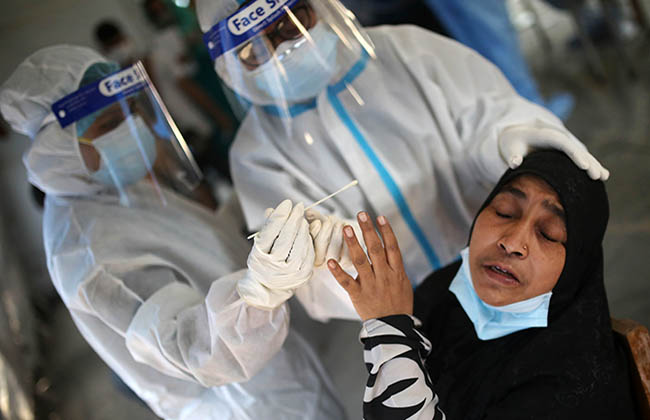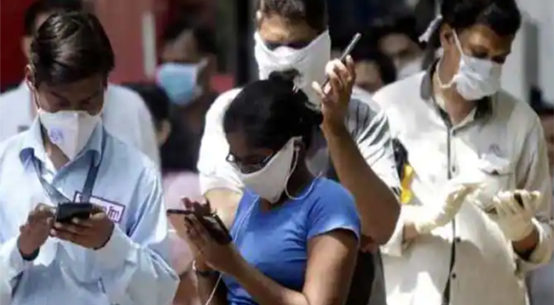
The surge is not only here but is still climbing. It has shown the importance to heed messages coming from the medical world about Covid’s unpredictability and danger. It’s equally important to remember that the administration has responsibilities to fulfill which it hasn’t fully. Thus South Asia, which was basking in the glow of having avoided the worst of the covid pandemic, is now stuck in its worst surge. This is not only a problem in Bangladesh but South Asia in general. That the virus has no respect for culture and ethnicity or faith should now be clear.
What we did in early 202 was after an initial panic enter into denial and then finally ignored it. Later as vaccinations came in, we first initially ignored it but later became very enthusiastic and finally relaxed so much that we managed to open the door to the surge. It’s a classic example of spoiling a great feast by shitting in the same venue.
The scenario should have been anticipated by the GOB. It’s their primary responsibility to ensure a system that can function in a pandemic crisis. There were two issues though connected not the same One was about public service delivery and the other was about social behavior. If there was a reasonable response in service delivery, it didn’t take off in the behavior sector.
The Government has been saying that the surge has been caused by the general public reaction after the vaccines arrived. While it’s true that vaccines have given people confidence including over confidence, the relaxed behavior was already on display even before. And only a small percentage has been vaccinated.
What had given people this undue “relaxed” mood was the low death rate. People thought they were close to being immune. Appeals to make social distancing were also ineffective. Law enforcers were on the street but didn’t enforce any of the restrictions they were supposed to.
Flouting Covid rules are globally common but so is punishment for breaking the rules. In case of Bangladesh, none of this was done making the general matter of restrictions a formality rather than a tool to contain a pandemic.
Class issue also played a role. While the poor were driven by livelihood needs to break the rules, the middle class did so for lifestyle reasons. That was a sign that this isn’t exactly a national crisis but more a problem of class fractured society.
No matter what the surge is here and needs to be contained. It’s not smart to expect social behavior to change when there is no incentive or punishment for keeping or breaking the rules. Dhaka hospitals are already stretched and it’s only the beginning and one fears a repeat of the 2020 chaotic scenario is possible. To avoid this situation, the onus is on the Government to get serious.
When the people can’t or don’t want to appreciate the gravity of a situation, it’s the duty of the Government to do so and make them understand by the most effective means even if that means taking an unpopular hardline.


